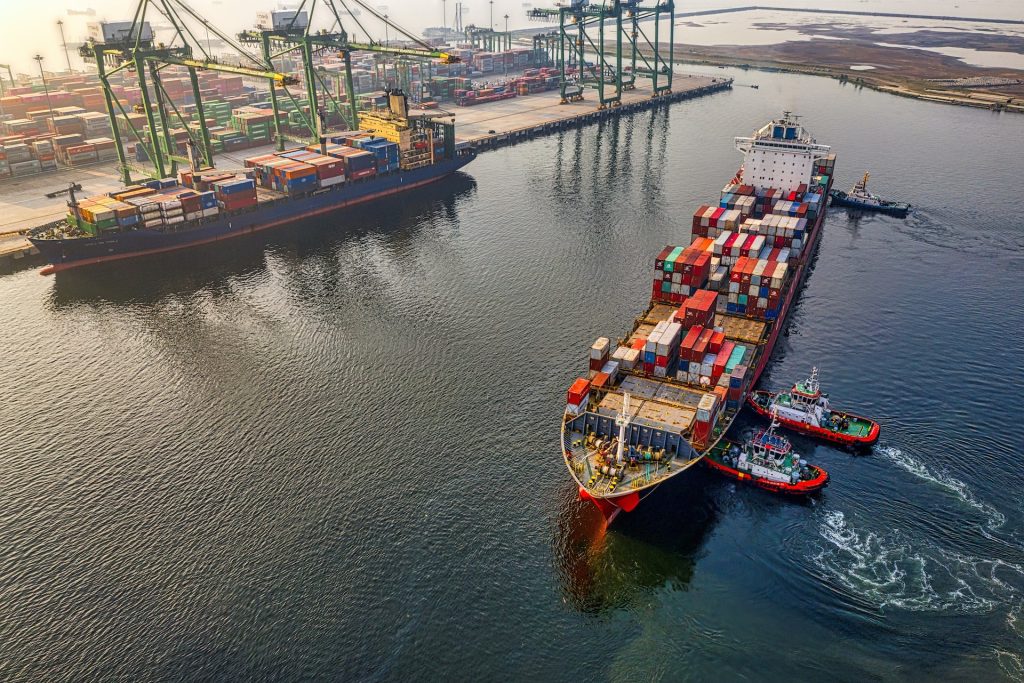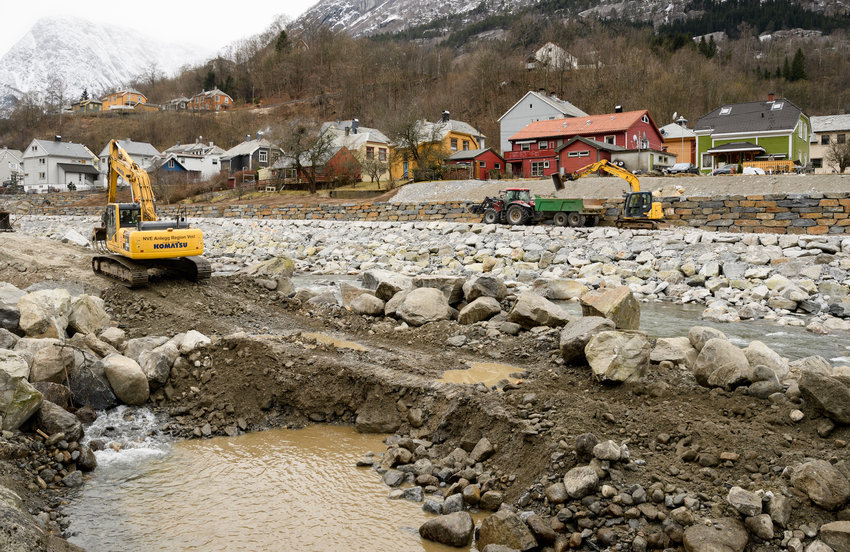Master’s students at NHH have analyzed the effects of weather-related events on various shipping routes and suggest recommendations on how shipowners can improve their ability to predict and manage weather-related risk and make more profitable decisions.

Marie Log Staveland and Sia Benedikte Strømsnes have carried out a climate risk assessment for tramp shipping, i.e. voyage-chartered cargo ships. The industry uses a method called Time Charter Equivalent (TCE) to assess and decide the best and most profitable voyage option of a cargo ship. Weather conditions have a major influence on fuel consumption, but TCE is largely based on historical weather data, and not the current situation.
In their master’s thesis, Staveland and Strømsnes have presented a method for using climate information as input to TCEs, which provides a more comprehensive way of assessing risk than using a fixed weather margin. Data from various sources has been used to identify potential risk and evaluate route alternatives.
To understand how weather conditions, such as strong winds and waves, affect fuel consumption and TCE for vessels at sea, we obtained wind, wave and swell data from the Copernicus Marine Service (2022), and to predict the fuel consumption of the routes we used machine learning, explains Staveland and Strømsnes.
The master’s students have come up with a number of recommendations that can improve shipowners’ ability to predict and manage weather-related risks and make more profitable decisions:
– Generate TCEs where climate information is used as input to better assess weather-related risks and their effects on fuel consumption and TCE.
– Consider the use of machine learning models, such as Random Forest, to predict fuel consumption and optimize route planning based on weather conditions.
– Evaluate seasonal weather variations and their effects on fuel consumption.
– Use TCE distributions to compare the probability of increasing profits for different routes and choose the one with the lowest fuel consumption and the best weather conditions.
NHH is one of the partners in Climate Futures. The entire master’s thesis can be downloaded here: Climate_Risk_Assessment_for_Tramp_Shipping_Pre_Fixture_Calculations (2)

